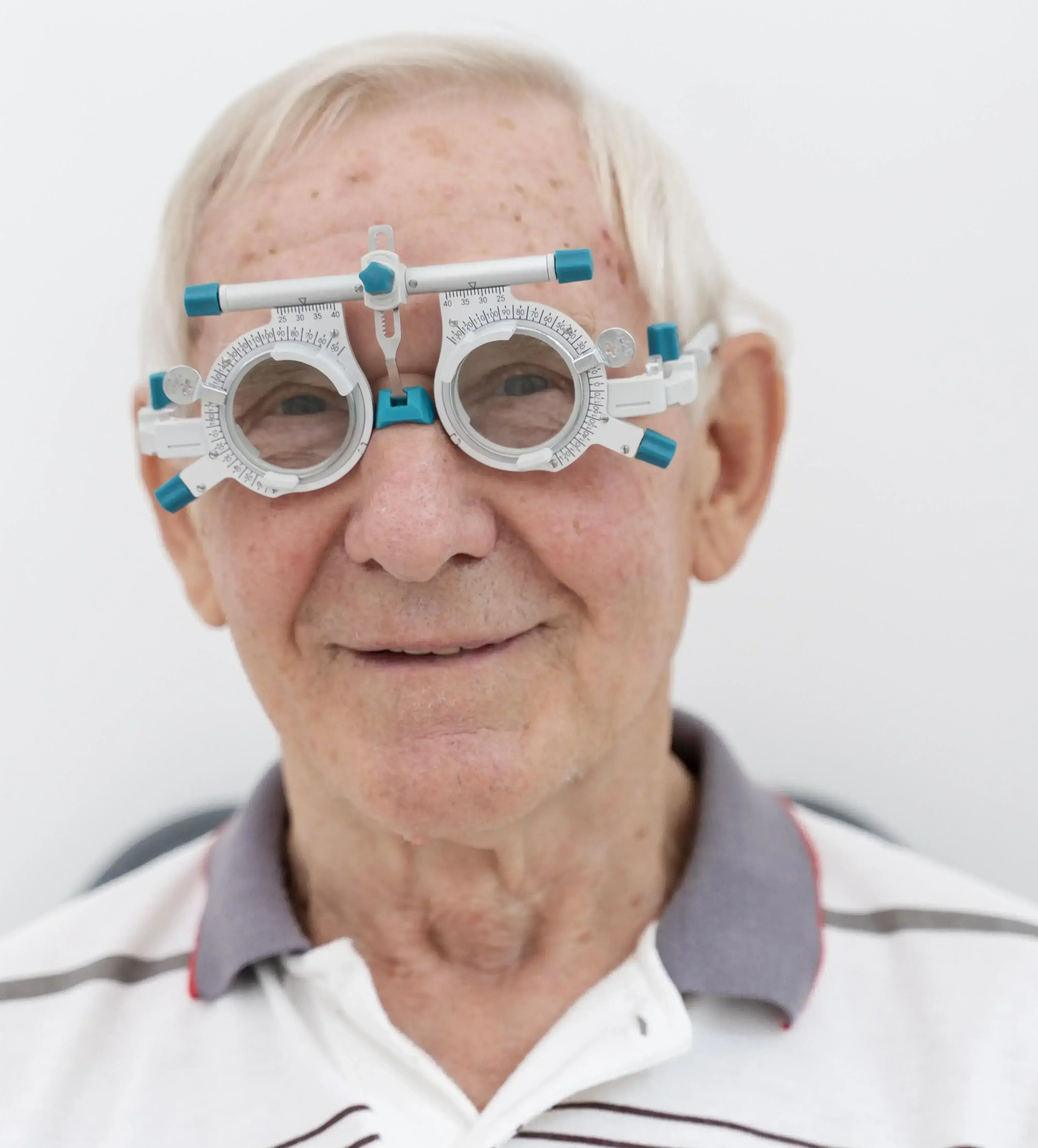
What is Adult Cataract?
Cataracts are cloudy areas that form on the lens of your eye. Your lens is a clear, flexible structure made mostly of proteins (crystallins). As you get older, the proteins in your lens break down, making cloudy patches that affect your vision. You may feel as if you're searching the world through a dirty window.
What are the Proper Treatments for adults during Cataract?
The most common type of cataract surgery is called phacoemulsification. During this procedure, the rapidly vibrating tip of an ultrasound examines the cataract. Your surgeon then suctions out the lens, as seen in the top image. An outer housing of the cataract, called the lens capsule, is normally left in place.
Is Cataract Surgery Painful?
Cataract surgery is normally considered a painless procedure, with most patients experiencing little to no pain during the operation due to the use of local anesthesia. You may feel some mild discomfort or pressure, but this is basically manageable and resolves quickly.
What is the main reason for Cataract?The primary cause of cataracts is the natural aging process, where proteins in the eye's lens break down and clump together, leading to clouding.
Here's a more detailed below:
Aging:
For old age, the proteins in the eye's lens naturally start to break down and clump together, forming a cloudy area known as a cataract.
Other Factors:
While aging is the most common cause, other factors can increase the risk of developing cataracts, including:
- Family history:Having a family history of cataracts can increase your risk.
- Diabetes:People with diabetes are at a higher risk of developing cataracts.
- Eye injuries or surgery:Previous eye injuries or surgery can increase the risk.
- Prolonged exposure to UV radiation:Excessive exposure to sunlight without protection can damage the lens and increase the risk.
- Certain medications:Long-term use of certain medications, like steroids, can increase the risk.
- Smoking:Smoking has been linked to an increased risk of cataracts.
Cataract surgery is performed by an eye surgeon. It's performed on an outpatient basis, which means you don't have to stay in the hospital after the surgery. Cataract treatment is very common and is normally a safe procedure.
He is very efficient with his work. He is an eminent eye care doctor for cataract treatment.
Book Your Consultation for Adult Cataract Treatment with Dr. Tanmoy Biswas
If you are experiencing blurry vision or symptoms of cataracts, schedule a consultation with Dr. Tanmoy Biswas for expert diagnosis and effective treatment.
Frequently Asked Questions
No, cataract surgery is usually painless. Patients receive local anesthesia or numbing drops, making the procedure comfortable. Mild discomfort may be experienced during recovery.
Initial recovery takes a few days, but full recovery and vision stabilization usually occur within 4-6 weeks. Patients are advised to follow post-surgery care instructions carefully.

